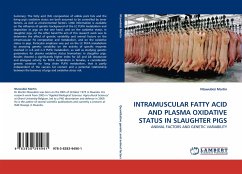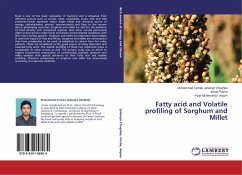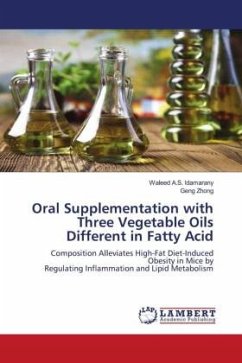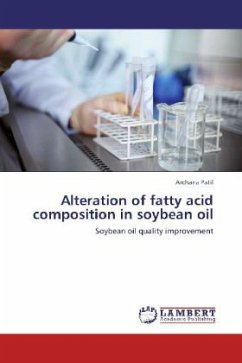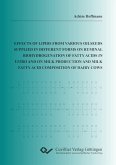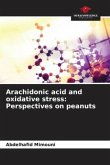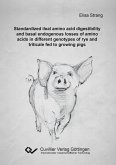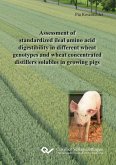Summary: The fatty acid (FA) composition of edible pork fats and the living pig's oxidative status are both assumed to be controlled by inner factors, as well as environmental factors. Little information is available on the influence of genetic background of the LC PUFA metabolism and deposition in pigs on the one hand, and on the oxidative status in slaughter pigs, on the other hand.The aim of this research work was to determine the effect of genetic variability and animal factors on the intramuscular FA composition and metabolism, and on the oxidative status in pigs. Particular emphasis was put on the LC PUFA metabolism by assessing genetic variability on the activity of specific enzymes involved in n-6 and n-3 PUFA metabolism, as well as studying genetic parameters for plasma oxidative status biomarkers in slaughter pigs. Results showed a significantly higher index for 5 and 6 desaturase and elongase activity for PUFA metabolism in females, a considerable genetic variation forlong chain PUFA metabolism, that is partly independent of the carcass fat content and a potential relationship between the leanness of pigs and oxidative stress risk.
Bitte wählen Sie Ihr Anliegen aus.
Rechnungen
Retourenschein anfordern
Bestellstatus
Storno

